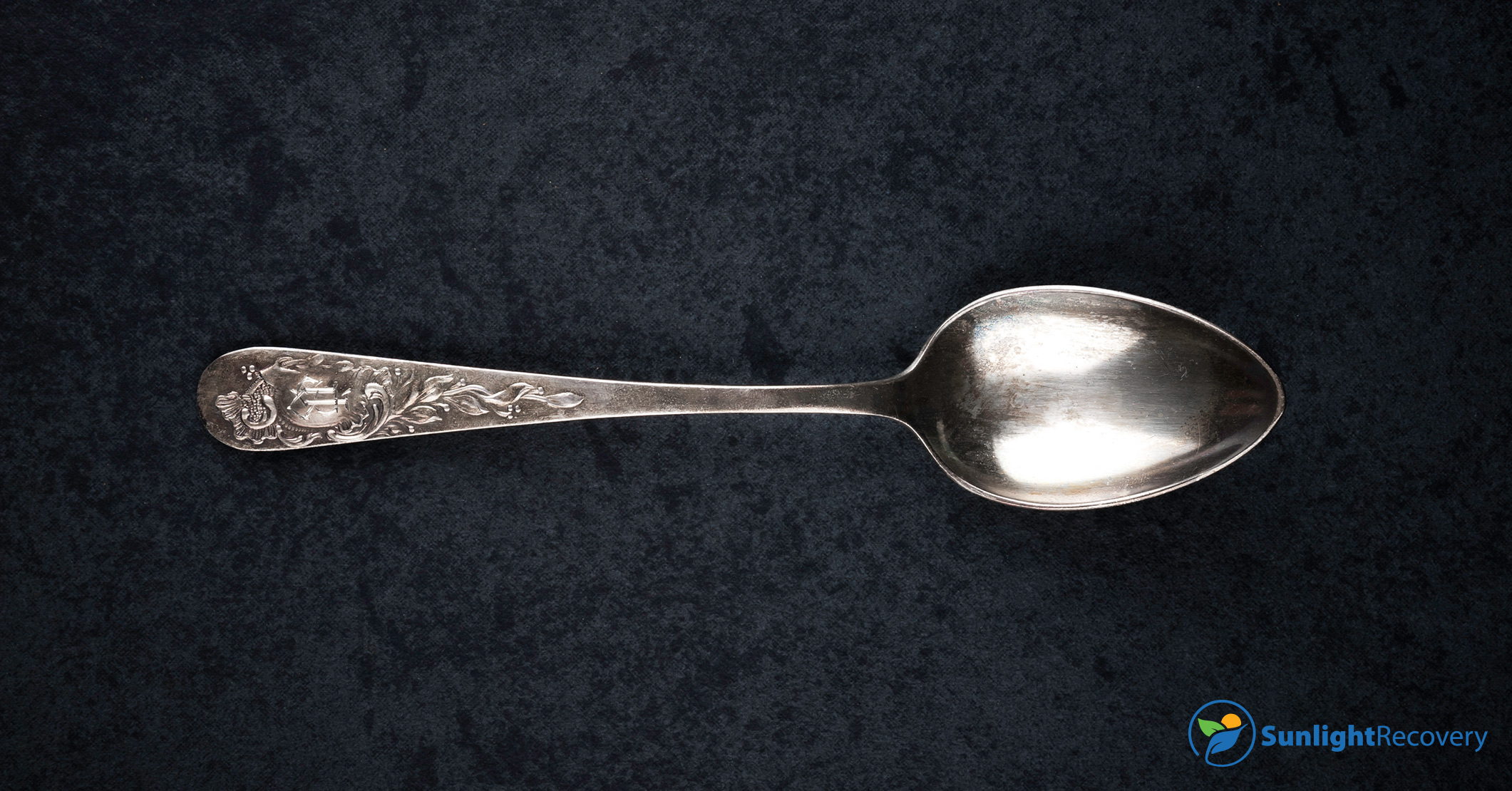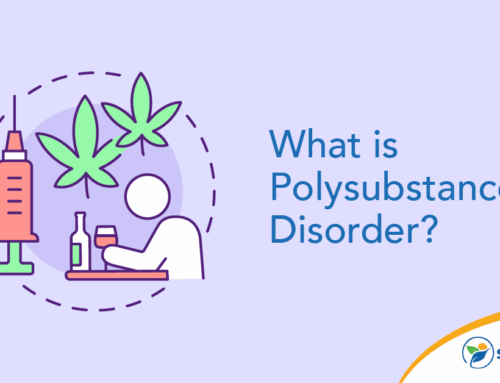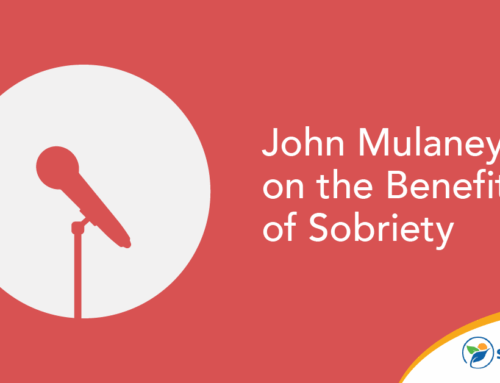Cocaine is one of the most commonly used drugs in the United States — as of 2022, over 42 million Americans had tried cocaine at least once in their lives. Often, people think of the white powder used for snorting or injecting when they think of cocaine. Freebase is another form of cocaine that creates a more intense high.
Whether you’re concerned about your own drug use or worried about a loved one freebasing, understanding the facts can help you get the right support. Below, we’ll explain what freebase is, explore the dangers of freebasing and outline the most effective treatment options.
What Is Freebasing?
Freebase is a pure, smokable form of cocaine. Powdered cocaine breaks down when heated, making it virtually impossible to smoke with a water pipe. Drug manufacturers produce freebase by adding an alkaline chemical to cocaine powder and heating the mixture, evaporating the solvent to remove hydrochloride until pure cocaine crystals remain.
Historically, people used ether to make freebase. However, this method is hazardous due to ether’s flammability, so alternative alkaloids such as ammonia are now more common.
Purifying cocaine using baking soda produces crack cocaine. Crack cocaine isn’t as pure as freebase, but today, the terms “crack cocaine” and “freebase” are generally interchangeable.
Many drug users purchase premade freebase or crack cocaine from dealers. However, some people learn how to make crack cocaine at home using powdered cocaine and a solvent.
Freebase Chemical Composition and Effects
Regular powdered cocaine contains hydrochloride salts and comes as a white powder. Removing the hydrochloride to make freebase creates small crystalline lumps, often called rocks.
Like powdered cocaine, freebase is a stimulant. It boosts levels of certain neurotransmitters to give psychoactive and physical effects, such as:
- A sense of euphoria
- Increased heart rate
- Increased blood pressure
- Reduced appetite
While the effects of freebase and powdered cocaine are similar, freebase makes people feel high much faster because it enters the bloodstream rapidly. However, the euphoria is short-lived, wearing off after just 2 to 5 minutes.
People often experience a, “crash” or “comedown”, when the high ends. A cocaine comedown can cause low mood, irritability and restlessness.
The quick-onset high and fast, unpleasant crash encourage repeated use. Therefore, inhaling freebase or crack cocaine is more addictive than snorting powder cocaine.
Methods of Administration
Freebasing almost always involves smoking the cocaine crystals, often using a glass pipe or modified tobacco pipe. Some people inject crack or freebase cocaine, but this practice is relatively unusual.
Unlike powder cocaine, crystal cocaine is insoluble. People who inject crack or freebase may use an acidic liquid to dissolve the crystals. Injecting cocaine increases the risk of contracting a blood-borne disease, such as HIV, through sharing needles.
Risks and Dangers
The risks of freebasing overlap with the dangers of using powder cocaine. Many people who freebase become addicted to the drug and find it difficult to control how much they consume. Freebasing can also increase your risk of certain physical and mental health problems.
Drug Tolerance
Using cocaine regularly can lead to tolerance, which means your body adjusts to the effects. Therefore, you may need to take the drug more frequently and at higher doses to experience the same level of euphoria. However, some people also become more prone to convulsions the longer they use cocaine. This means regular users can experience serious or fatal medical complications seemingly out of the blue.
Mental Health Concerns
The near-immediate highs and rapid crashes caused by freebasing encourage bingeing behavior, with many users smoking drugs repeatedly over several days. Bingeing on freebase can make the comedown more intense and unpleasant, and it can also lead to a serious mental illness called freebase cocaine psychosis.
You are more likely to experience freebase cocaine psychosis if you use the drug frequently or have a preexisting mental health disorder. Symptoms include:
- Delusional thinking, such as hearing voices
- Insomnia
- Hallucinations
- Irritability
- Violent behavior
- Impulsiveness
Overdose
Cocaine overdoses can be life-threatening and require urgent medical assistance. If you take too much, you may experience behavioral changes, such as uncharacteristic violence, delirium (intense confusion), and hallucinations. Some people develop seizures, hyperthermia (dangerously high body temperature), and abnormal heart rhythms.
Chronic Medical Issues
Freebasing impacts your cardiovascular system, potentially leading to long-term medical problems. People who use cocaine have an increased risk of:
- Repeated respiratory tract infections and pneumonia
- Heart attack
- Stroke
- Reduced cognition
Cocaine use can also worsen existing health conditions. For example, people with epilepsy often notice more frequent seizures after using the drug.
Interactions With Other Drugs
Using freebase cocaine with other drugs can cause dangerous interactions. Taking cocaine with alcohol produces cocaethylene, a type of metabolite with intense psychoactive effects. Cocaethylene increases your risk of cardiovascular damage and experiencing a traumatic accident. Long-term exposure could also lead to brain changes and degeneration.
Some people take freebase and a depressant drug (usually an opioid) simultaneously, a practice known as “speedballing.” People speedball with the aim of achieving a high while reducing unwanted effects, such as agitation or drowsiness. However, combining stimulant and depressant drugs significantly increases the chances of adverse health events, such as respiratory failure and overdose.
Treatment and Recovery Options
If you’re addicted to freebase, stopping the drug cold turkey can lead to unpleasant withdrawal symptoms, such as agitation, depression and intense drug cravings. Cocaine recovery is often challenging and may take several weeks, so getting professional support is essential.
Specialized rehab clinics provide supervised inpatient and outpatient detox programs. During a cocaine detox, clinicians observe patients closely and provide emotional and practical support to help them manage withdrawal-related discomfort. They may also offer medication to reduce distressing symptoms.
Following cocaine withdrawal, many people continue experiencing cravings, emotional problems and anxiety. Detox programs provide follow-up care to help people address the root causes of their drug use, which may include treating coexisting mental health disorders. They often use tools such as cognitive behavioral therapy (CBT) and individual or group therapy alongside holistic treatments designed to promote well-being and reduce the risk of relapse.
Get Expert Support
Quitting freebase is possible with expert support. At Sunlight Recovery, our specialized cocaine detox programs can help you or a loved one manage withdrawal symptoms, treat underlying mental health problems and reduce potential relapse triggers. Contact us today to explore treatment options with our knowledgeable team.







